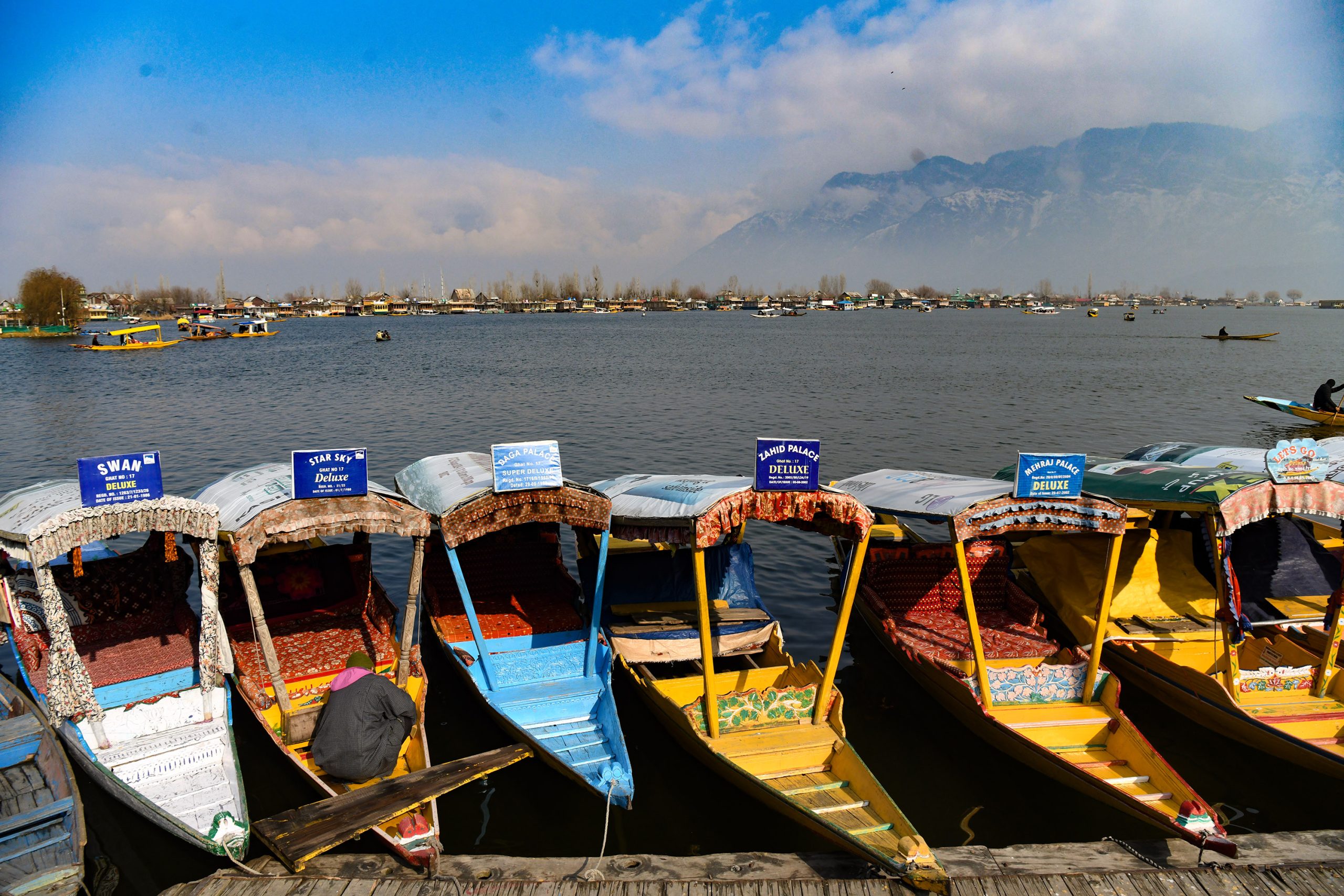Srinagar, Jan 29: Following a night of cloud cover, the minimum temperature in Srinagar city rose above freezing on Wednesday, as the MET office predicted another round of rain and snow for Jammu and Kashmir (J&K).
This season has seen below-average precipitation in the form of rain and snow across Kashmir.
The heavy snow accumulated during winter is crucial for restoring the perennial water reserves in the mountains, which are essential for maintaining river, stream, spring, and pond levels throughout the summer months.
A lack of winter snowfall could lead to reduced water availability in these sources during the warmer months.
A MET department announcement added, “General dry conditions are expected until the afternoon of January 29, with a possibility of light snow in higher elevations tonight.
An incoming spell of light rain and snow is anticipated from the night of January 29 into the morning of January 30, with isolated occurrences on January 31.
Between February 1st and 2nd, a generally cloudy sky will prevail with the possibility of light rain and snow across scattered areas.
Some middle and higher altitudes may experience moderate snowfall.
February 3 will also see a cloudy sky with chances of light snow in scattered locations.
On February 4th and 5th, we can again expect a generally cloudy atmosphere with potential light rain and snow in various locations.”
The MET department further advised that temperatures will rise by 2-4 degrees Celsius in many areas starting January 29. Tourists, travelers, and transport operators are encouraged to heed administrative and traffic advisories.
Today’s minimum temperatures were recorded at 1.9 degrees Celsius in Srinagar, -2.5 degrees in Gulmarg, and -0.8 degrees in Pahalgam.
In Jammu city, the minimum temperatures were 11.2 degrees Celsius, 10.3 in Katra, 7.7 in Batote, 3.3 in Banihal, and 4.5 in Bhaderwah.
The 40-day cold spell known as ‘Chillai Kalan’ began on December 21 and will conclude on January 30.
Medical professionals recommend that children and the elderly limit their exposure to prolonged extreme cold, as it can lead to blood vessel constriction, increasing the risk of heart attacks and cardiac failures. (Agencies)


Leave a Reply